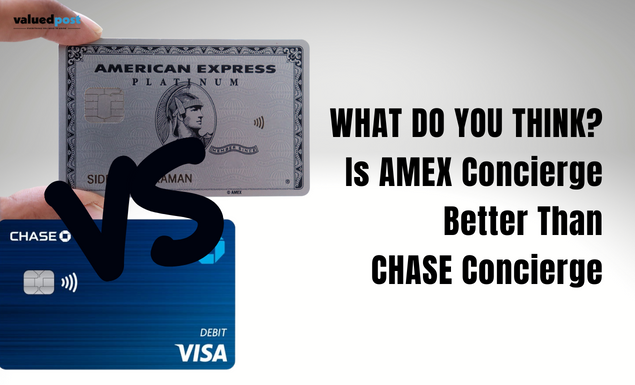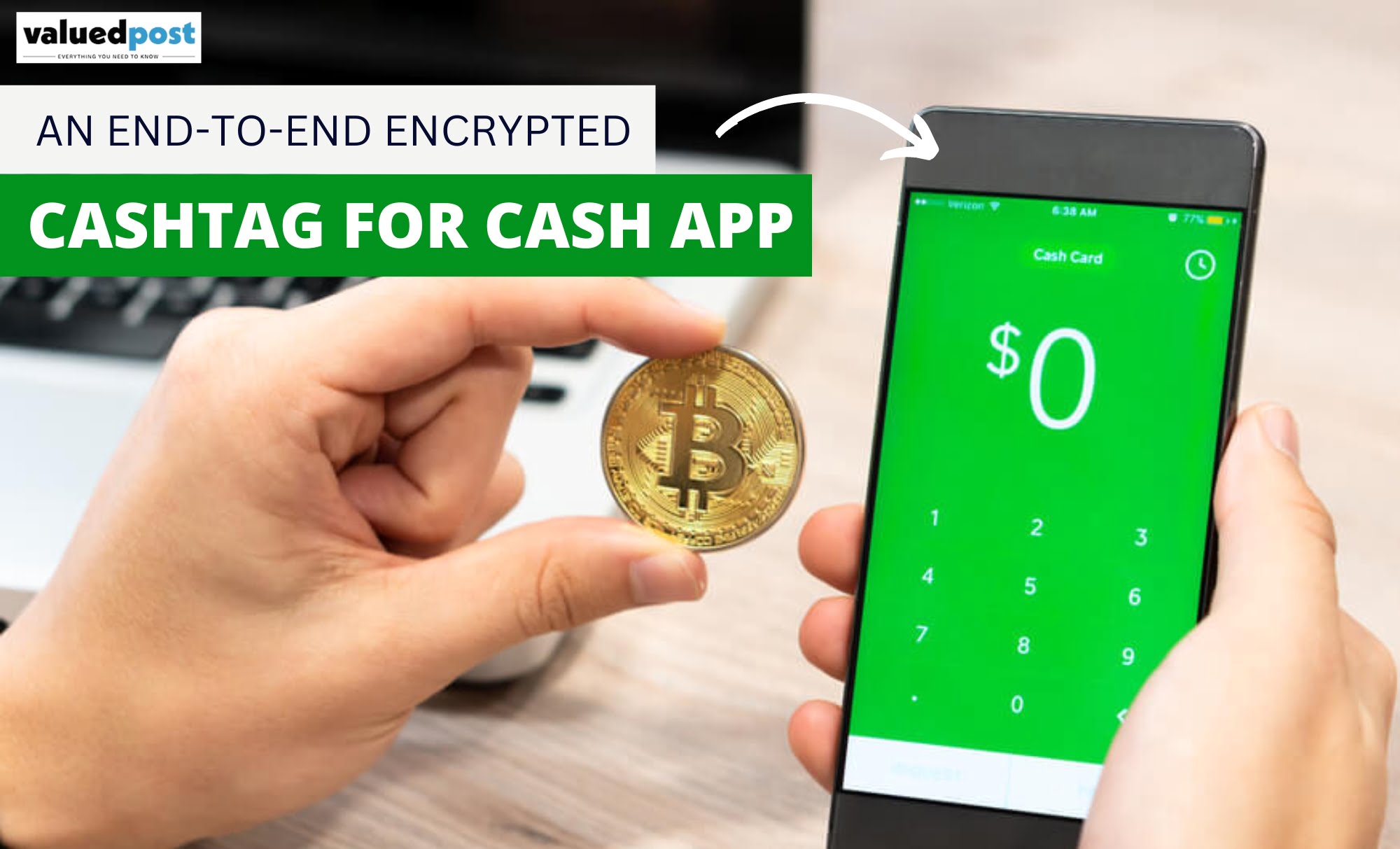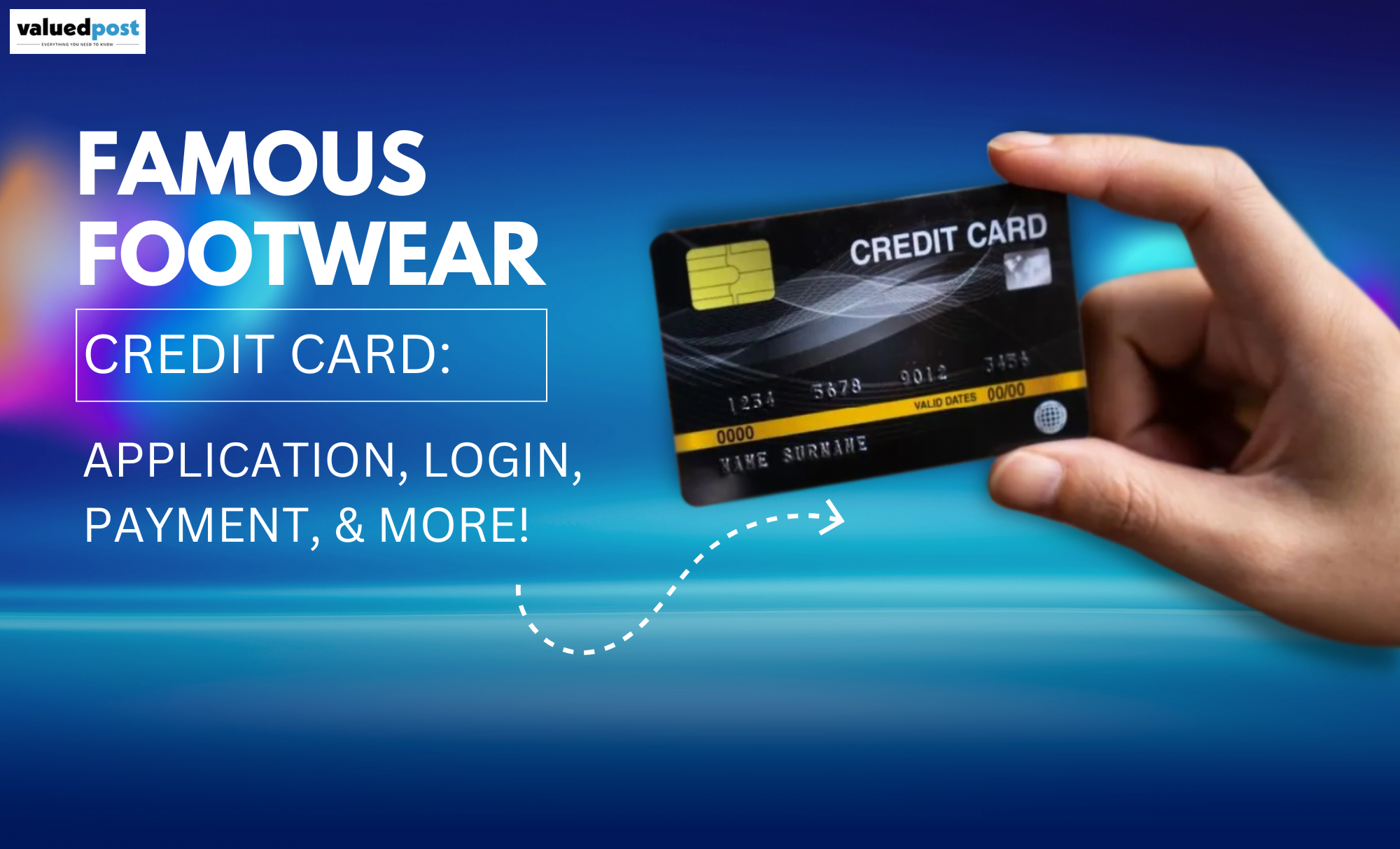Everything You Need to Know About New Tax Rules and Form 1099-K – The Internal Revenue Service (IRS) has issued a new regulation that affects how third-party network transactions are reported on Form 1099-K for self-employment revenue generated after 2022. These new rules
What is form 1099-K?
Payments received from payment settlement entities (PSEs) that process payment card or third-party network transactions are reported on Form 1099-K.
Debit, credit, and prepaid credit cards are examples of payment cards. PayPal, Venmo, and Zelle are just a few examples of third-party network transactions.
In the past, regardless of the amount or number of transactions, you received Form 1099-Ks from all payment card entities. Any third-party network through which you had more than 200 transactions and more than $20,000 in gross payments issued you a Form 1099-K.
What are the new rules for 1099-K?
- Each payment settlement entity that processes should provide you with a Form 1099-K for the tax year 2022.
- Any payment card transactions that do not meet the criteria mentioned above.
- Transactions of more than $600 on a third-party network with no minimum number of transactions
- Any reportable payment’s gross amount is as of the transaction date and does not include credits, cash equivalents, discounts, fees, refunds, or other sums.
What are the changes?
Transactions involving payment cards and third-party networks must be reported by payment settlement entities. The requirement to report payment card and third-party network transactions began in early 2012. Because they were not receiving a Form 1099-K, the COVID-19 pandemic resulted in an influx of gig economy employees, who joined those who had previously been misreporting or underreporting their income – either purposefully or accidentally – due to the lack of a Form 1099-K. Third-party information reporting has been found to boost IRS collections and assessments and increase voluntary tax compliance.















